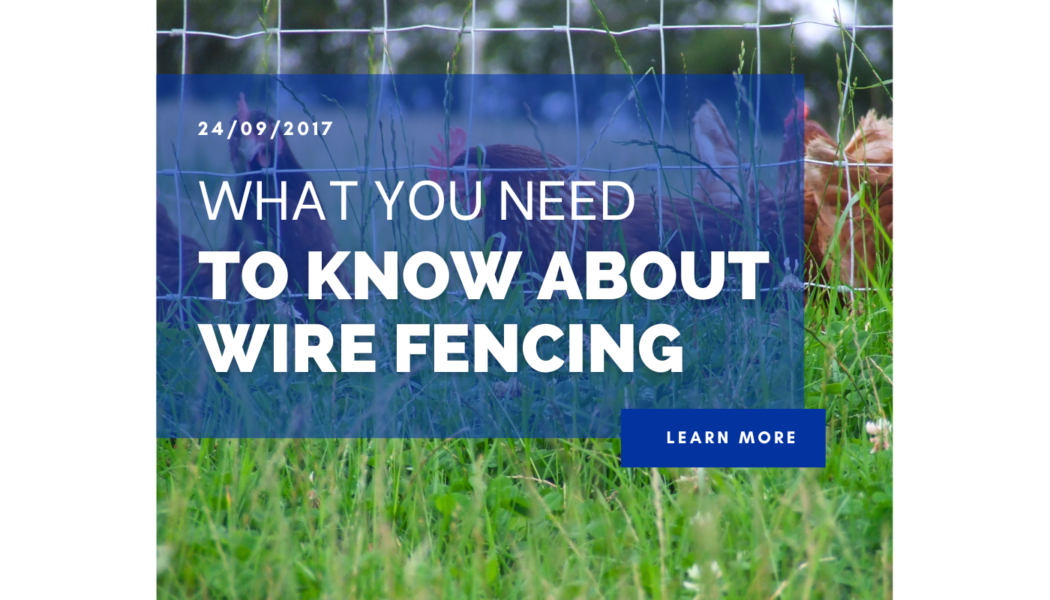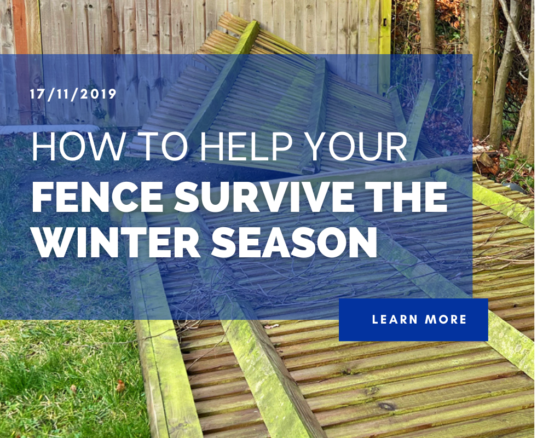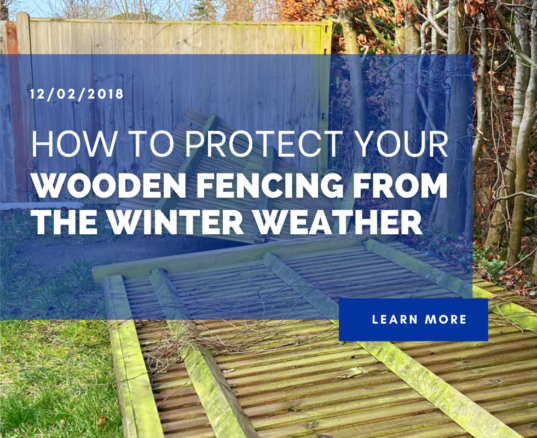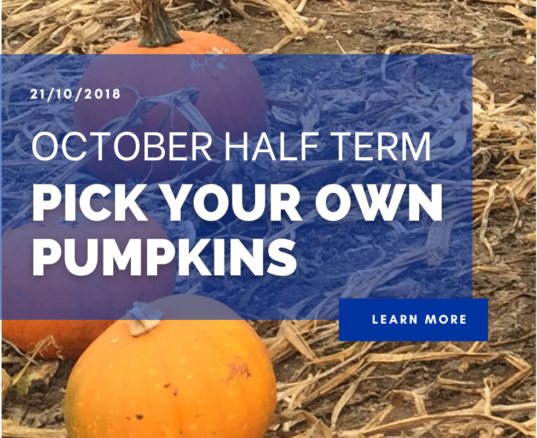What You Need To Know About Wire Fencing
September 24, 2017
Here we have listed what you need to know about your wire fencing and finding the right product for your application.
This introduction to wire fencing addresses the common issues that most of our customers face when they are new to wire fencing.
Starting with the Fence Specification
The fencing specification codes may appear daunting and confusing, however they simply consist of 4 simple pieces of information. Understanding this information will help you in selecting the right fence type.
The 4 pieces of information in the specification codes consist of (we are using HT8/80/15 for this example)…
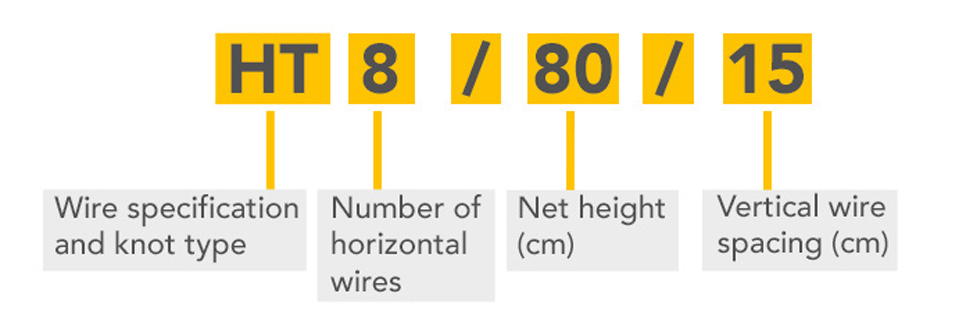
- The letter or letters (HT in the example) indicates the wire type and knot configuration used in the net.
- The first number (8 in the example) indicates the number of horizontal wires (or ‘line wires’) in the net.
- The second number (80 in the example) indicates the overall height of the net (in centimetres).
- The third number (15 in the example) indicates the distance (in centimetres) between the vertical stay wires (or ‘stay wires’) in the net.
The Wire Fencing Knots
Here are the selection of wire knots that are featured in wire and stock fencing.



Choosing High Tensile or Mild Steel fencing…
Here are a few points on High Tensile or Mild steel fencing to enable you to choose which will benefit your application best.
Mild Steel
- Mild Steel does not need to be strained as tightly as high tensile.
- Mild Steel is useful if you need to make a lot of turns in your fence line.
- It is a cost-effective solution where fencing is supported by background hedges.
- Although high tensile fencing is now generally preferred, mild steel fencing may still be suitable in certain situations.
High Tensile
- High Tensile offers maximum strength, security and longevity.
- It offers maximum protection with minimal lifetime costs.
- High Tensile strains tighter than mild steel and so requires fewer intermediate posts, making it quicker and more cost-effective to install.
- It does not stretch with weathering so does not need to be retightened annually.
Protecting your livestock requires high quality, strong and durable wire fencing that not only lasts for decades and is versatile enough to contain a range of livestock from sheep to deer, but also keeps badgers, otters and other unwanted animals out of range. All our steel and wire products are supplied and manufactured in the UK by and galvanised to British Standards and is supplied in either High Tensile or Mild Steel.
All our Wire Fencing can be purchased online here.
If you require any further help or information on our products then please do not hesitate to contact us either by email at sales@fourseasonsfencing.co.uk or call us on 01233 820240. Alternatively you can complete our contact us form and we will get back to you as soon as possible.



